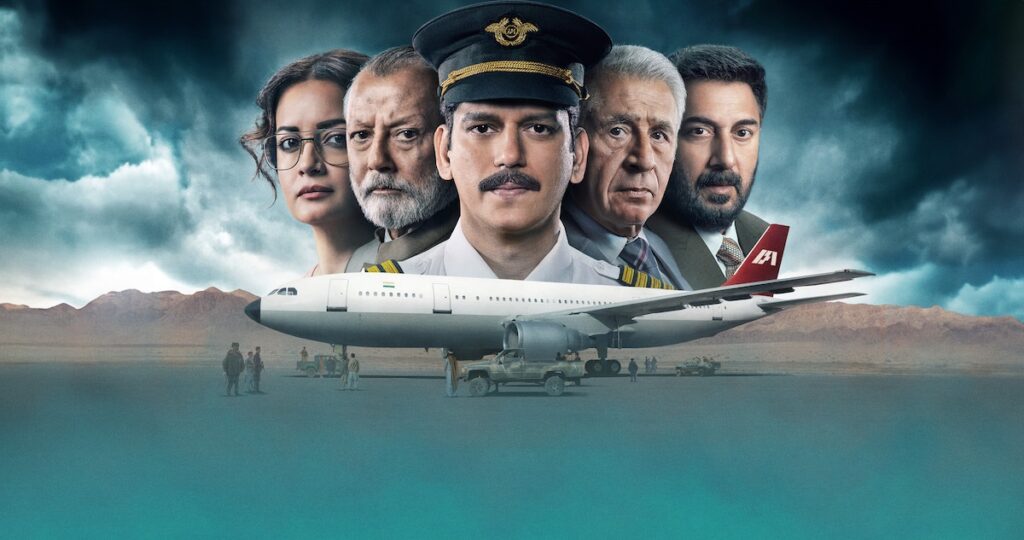
Flight IC 814, en route from Kathmandu to Delhi, was seized by five armed terrorists shortly after takeoff. The hijackers, associated with the militant group Harkat-ul-Mujahideen, demanded the release of their comrades held in Indian jails. The situation quickly escalated, with the plane eventually being diverted to Kandahar, where a controversial negotiation led to the release of three high-profile militants in exchange for the passengers’ safety.
Key to the unfolding drama was a deceptive phone call, allegedly made in the name of a senior government official, which misled Indian security forces about the hijackers' intentions. This false communication contributed significantly to the confusion and delay in taking decisive action against the hijackers. The bogus call, which claimed to be from a high-ranking government official, was used by the terrorists to manipulate the response from Indian authorities, buying them crucial time and hindering the efforts to regain control of the aircraft.
A comprehensive investigation has uncovered that this misleading call was not an isolated event but part of a series of miscommunications and errors that plagued the crisis management efforts. The call, purportedly coming from a government official, was reportedly intended to mislead and confuse the situation, exploiting the chaos to facilitate the hijackers’ demands.
This revelation has intensified scrutiny on the response mechanisms and the decision-making processes of Indian security agencies during the crisis. Questions are being raised about the effectiveness of the communication channels and the protocols in place for dealing with such high-stakes situations. The impact of this misleading call underscores the vulnerabilities in crisis management and the importance of verifying the authenticity of critical communications during emergencies.
In the aftermath of the hijacking, the Indian government faced significant criticism for its handling of the crisis. The decision to release the militants in exchange for the passengers drew widespread condemnation and sparked debates about the balance between negotiating with terrorists and ensuring national security. The fallout from this decision continues to influence discussions on counterterrorism policies and the ethics of crisis negotiations.
The details emerging from the investigation highlight the need for robust systems to verify and authenticate communications during emergencies. Ensuring that all information is cross-checked and validated is crucial in preventing manipulation and ensuring timely and effective responses to crises. The incident has prompted calls for reforms in crisis management protocols and improved training for handling high-pressure situations.
